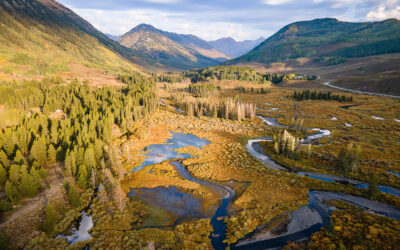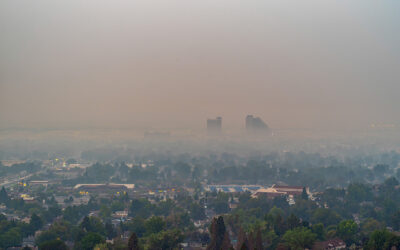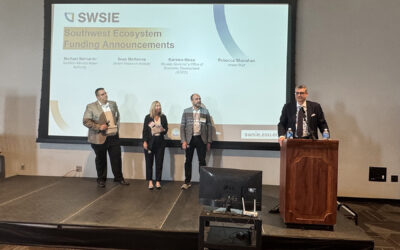The 31st DRI Nevada Medal will honor Earth Explorer Dr. Kathryn D. Sullivan during special evening hour-long virtual program on April 20, 2021
LAS VEGAS (Feb. 9, 2021) – DRI Foundation is marking International Women and Girls in Science Day on February 11 with the launch of NevadaMedal.com. The web portal will be the place to register and learn more about the upcoming 31st DRI Nevada Medal which will be held on Tuesday, April 20, 2021 at 5 p.m. PDT in honor of Dr. Kathryn D. Sullivan.
Titled “Sea, Earth and Sky: Celebrating the Spirit of Scientific Exploration, Discovery and Innovation,” the special evening hour-long program will highlight Dr. Sullivan’s remarkable career as a geologist, oceanographer, NASA astronaut and administrator of the National Oceanic and Atmospheric Administration.
“As the first American woman to walk in space and the first woman ever to reach the deepest-known spot in our Earth’s oceans, we believe Dr. Sullivan exemplifies what this day is all about,” said Dr. Kumud Acharya, DRI President. “We felt it was only fitting then that we mark the spirit of this day (International Women and Girls in Science Day) with launching the website for the special event that will recognize Dr. Sullivan’s contributions to the world through her exploration and discoveries.”
The April 20 program will highlight DRI’s groundbreaking and innovative work in environmental research. For more than six decades, DRI’s trailblazing scientists have studied our earth, skies, and waterways in order to make our world a better place to live.
“For more than 30 years, DRI has bestowed the Nevada Medal to the great minds of the science, technology and engineering fields. This year will be a celebration of an adventurer, explorer, and trailblazer unlike any other,” said Dr. Acharya.
A key feature of the program will be a fireside chat between Dr. Sullivan and James Fallows, award-winning writer and national correspondent for The Atlantic. Sullivan will share stories and memorable moments from her life-changing work, recounting her experience as a member of the team that launched and maintained the Hubble Space Telescope. She also will describe her voyage to the Challenger Deep in the Mariana Trench, about seven miles below the ocean’s surface.
The special virtual program is free and open to a limited audience. Early registration is encouraged at NevadaMedal.com.
###
The DRI Foundation serves to cultivate private philanthropic giving in support of the mission and vision of the Desert Research Institute. For over 25 years DRI Foundation trustees have worked with DRI benefactors to support applied environmental research to maximize the Institute’s impact on improving people’s lives throughout Nevada, the nation, and the world.
The Desert Research Institute (DRI) is a recognized world leader in basic and applied interdisciplinary research. Committed to scientific excellence and integrity, DRI faculty, students, and staff have developed scientific knowledge and innovative technologies in research projects around the globe. Since 1959, DRI’s research has advanced scientific knowledge, supported Nevada’s diversifying economy, provided science-based educational opportunities, and informed policy makers, business leaders, and community members. With campuses in Reno and Las Vegas, DRI serves as the non-profit research arm of the Nevada System of Higher Education. For more information, please visit www.dri.edu.


